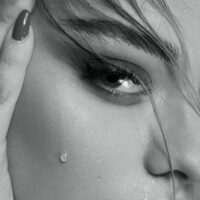
Hair, Skin & Nails Health
What Is Hair, Skin & Nails Health?
Your skin protects your body against disease and infection.. The skin provides a barrier to secure the body from invasion by bacteria and other possible environmental risks that can be dangerous to human health. Sweat glands and tiny blood vessels in your skin help manage your body temperature.
The hair on your head provides warmth and a little cushioning for your skull – and make you look nice. Hair on your eyebrows and eyelashes protect your eyes from dust and light. Protein is essential for hair health and growth. Loss of hair and scalp issues can be due to various things, from stress to medication, genes to health problems.
Our scalp contains about 100,000 hair follicles, with each root containing a single hair that grows. The roots likewise produce sebum, or oil, that assists keep the scalp moisturized and safeguards the skin from infection. A hair follicle runs deep into the scalp and has its microbiome. Disruption in the scalp microbiome balance has been linked to dandruff, and eczema
Frequently asked questions
Scalp concerns such as dandruff, atopic dermatitis, seborrheic dermatitis, and psoriasis are linked to rough hair, hair damage, and decreased hair shine. Poor scalp health related to these conditions might likewise cause premature hair loss.
So how do you get a healthy scalp? Some essential modifications to your hair care routines can considerably impact your scalp health. Often, it’s as simple as being more gentle while shampooing or aligning your waves occasionally.
Hair loss becomes part of a natural balance as some hairs fall out while others grow back. When the balance is disrupted- when hair falls out, and less hair grows in – hair loss happens.
– Hairstyle: If it pulls on your roots, like tight ponytails.
– Hormones
– Genes
– Stress, disease
– Restrictive diet plans.
– Over-treated scalp hair.
– Vitamin deficiency.
– Rapid weight loss.
– Drugs
There are numerous things an individual can do to try to prevent pimples and other kinds of acne, including:
– Wash the face twice daily.
– Keep your hair clean.
– Refrain from popping pimples.
– Stop scrubbing your face
You can take care of your skin and give it a boost by including the following foods in your diet:
– Fatty fish like salmon are terrific sources of omega-3 fatty acids that help your skin look supple and glowing.
– Avocados.
– Carrots.
– Dark chocolate.
– Green tea.
– Soybeans.
– Walnuts.
– Sunflower seeds.
Try these tips to get think hair back:
– Use a volumizing shampoo
– Healthy diet.
– Exfoliate your scalp.
– Wash hair in the early morning.
– Use a cool air dryer.
– Ayurvedic head massage.
Vitamins such as biotin, folate, riboflavin, and vitamin B12 deficiencies have been linked with hair loss.
Key Terms
- Collagen
- Biotin
- Acne
Collagen is a protein that functions as one of the main building blocks for your bones, skin, hair, tendons, muscles, and ligaments. Collagen is what keeps our skin firm and prevents it from sagging, giving us that youthful look. Foods to eat for a collagen boost include bone broth, skin-on chicken, sardines, dairy, eggs, legumes, soy, and berries.
Biotin is known for its positive effects on hair. Biotin can improve hair health including volume, shine, and scalp coverage in women who may experience thinning hair. Studies also show that biotin helps improve skin's smoothness, hydration, and appearance.
It begins when oily secretions from the skin's oil glands block the tiny openings for hair roots (plugged pores). Blemishes associated with extreme acne that are firm swellings below the skin's surface that are irritated, tender, and sometimes contaminated. Acne typically starts during puberty and tends to be even worse in individuals with oily skin.
The Latest In Skin & Hair Health
- All
- Hair, Skin & Nails
- Aging & Longevity
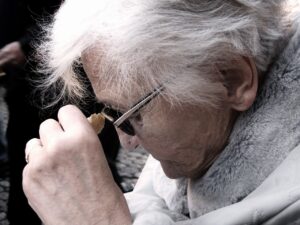
Ayurvedic Home Remedies For Dementia
Ayurveda, an ancient Indian medical system, focuses on the holistic approach to Read More
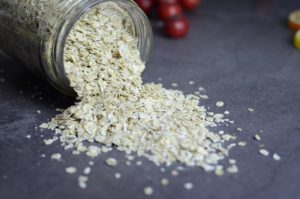
Colloidal oatmeal benefits for dry skin
Learn what colloidal oatmeal is and discover the pros and cons, as Read More
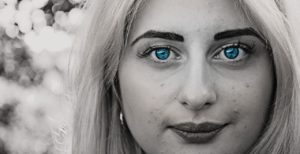
Comedonal acne treatments & natural remedies
Blackheads and whiteheads are the most common types of comedonal acne. Find Read More

Collagen for hair growth benefits
Collagen is the most abundant protein in your body and offers a Read More
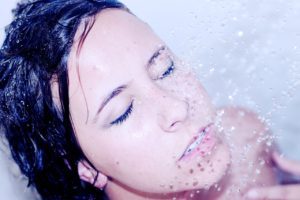
What is damp hair & how to take care of it
Damp hair is fragile and can make the scalp prone to infection. Read More
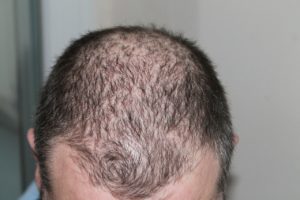
Receding hairline & how to stop it
As you age, its normal for your hairline to recede. For most Read More
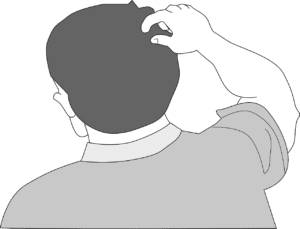
Scabs on the scalp causes & treatments
Scabs on the scalp can have several triggers like dandruff, lice and Read More

Scalp eczema natural remedies
Seborrheic dermatitis is a skin condition that frequently affects the scalp and Read More
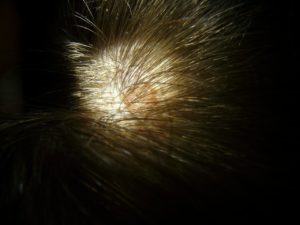
Scalp folliculitis types and remedies
Scalp folliculitis is an inflammatory disorder of the hair follicles in the Read More
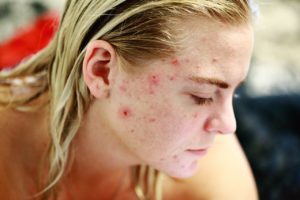
Is Your Skin Purging Or Breaking Out?
Purging isnt ideal, but it is to be expected with certain skin Read More

How To Get Rid Of Smile Lines or Laugh Lines
Laugh lines represent a joyous life full of cheerful facial expressions. These Read More
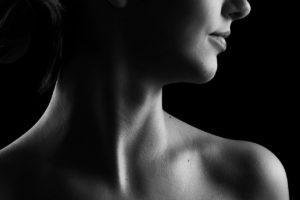
How to get rid of black neck naturally
Introduction: Is your neck darker than the rest of your body? Do Read More
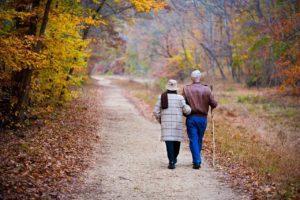
Healthy aging for older adults
Integrative aging programs help older adults enjoy a healthy life throughout the Read More
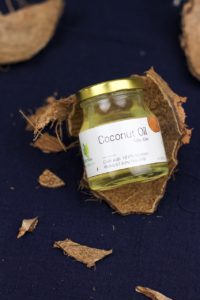
Best Oils For Hair Growth
Shampoos and conditioners can contain many toxic chemicals such as sulfates, parabens, Read More
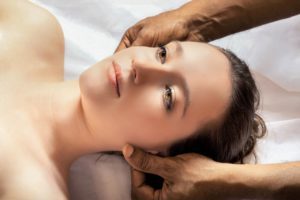
Ayurveda for seniors
Ayurveda, or ayurvedic medicine, is a health and lifestyle system that people Read More
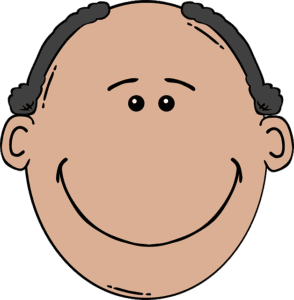
Ayurvedic Hair Oils
Ayurvedic cold-pressed head massage and hair growth oils for glossy, nourished, stronger, Read More

Scalp Acne Natural Treatments
Scalp acne is most common along your hairline that causes small and Read More
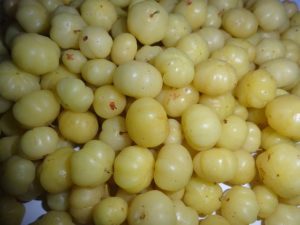
Gooseberry benefits for skin & hair
When we were kids, we grew up eating some gooseberries topped with Read More

Senior Assisted Living Considerations
What Is Senior Assisted Living? Assisted living is a type of housing Read More
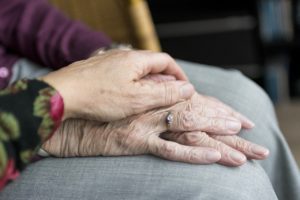
What Is Assisted Living?
What Is Assisted Living? The world’s population is living longer and aging Read More
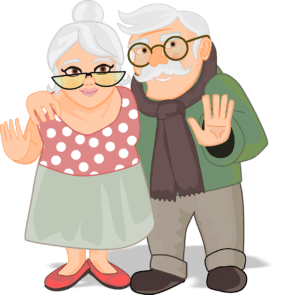
Holistic health for seniors
What is holistic health for seniors? Holistic health is a way of Read More

What is holistic health?
What is Holistic Health? Holistic health is a way of living that Read More
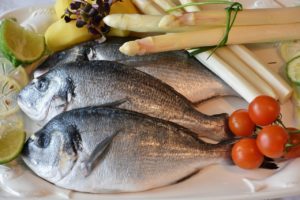
Foods good for skin health
What you eat affects many aspects of health including your skin. Read More
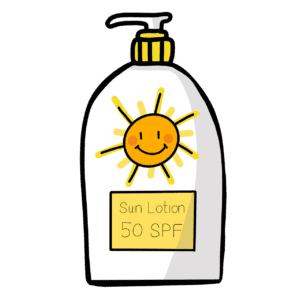
Sun rash symptoms, causes, natural treatments
Tired of sunburn and sun tan? Home remedies like essential oils, herbs, Read More
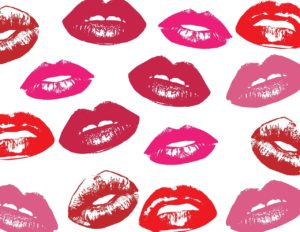
Different types of lips
Lipstick, as a makeup essential, is best applied depending on the types Read More
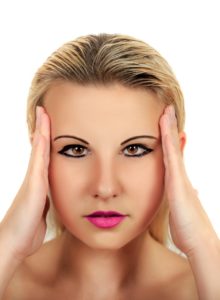
Vitamin E oil for face
Vitamin E oil for skin is going around the internet for being Read More
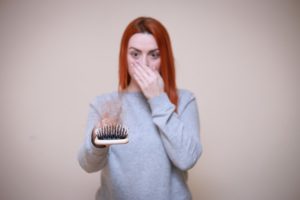
What is DHT Blocker?
Male pattern baldness is a common form of hair loss that is Read More
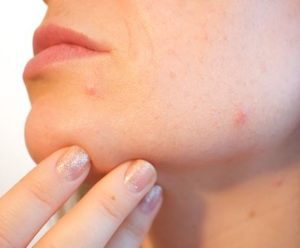
Types of Acne & How to Treat Them
Whether you call them pimples, zits, or something else, experts show you Read More

Best foods for healthy skin
Each of these derm-approved best foods for skin is proven to clear Read More
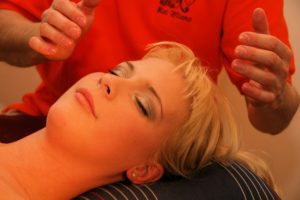
Hair Oiling Benefits
Hair Oiling is very important for hair and scalp. It nourishes hair Read More

Does drinking water help your skin?
Understand the role water plays in keeping skin healthy.
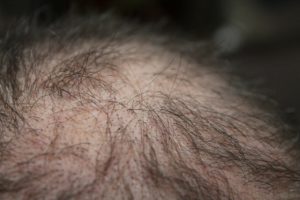
Does Creatine Cause Hair Loss
Supplementing with creatine is very popular amongst athletes and exercising individuals for Read More
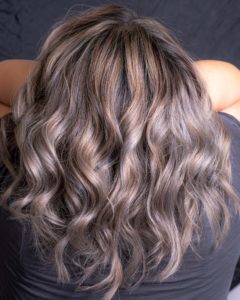
Glycerin for hair
Glycerin, a humectant, draws moisture from the air onto your scalp. This Read More
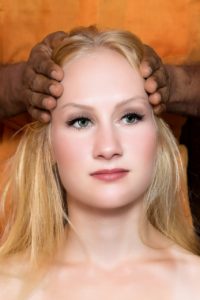
Ayurvedic hot oil massage benefits for hair
Massaging the scalp with oil at least once a week is one Read More
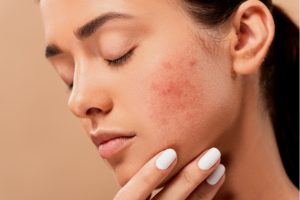
Red Bumps On Arms Natural Treatments
Red bumps form when dead skin cells accumulate & form bubbles in Read More

Psoriasis Treatment In Ayurveda
Ayurvedic treatments can help in healing Psoriasis. Ayurveda protocol treatments, Panchakarma, diet, Read More

Postpartum hives causes, symptoms & natural treatments
Natural treatments and Ayurvedic remedies may help your postpartum hives and provide Read More
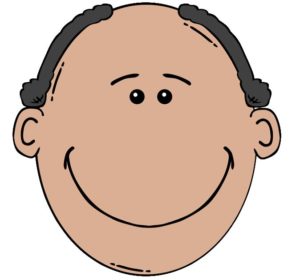
Naturopathic Medicine For Hair Loss
The naturopathic approach to hair loss (alopecia) & baldness finds & heals Read More

Natural Remedies For Psoriasis Symptoms
Psoriasis is a long-lasting, noncontagious autoimmune disease characterized by raised areas of Read More
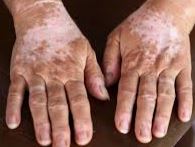
Natural Remedies For Vitiligo Causes, Symptoms
Vitiligo is a skin disorder in which smooth white areas appear on Read More



